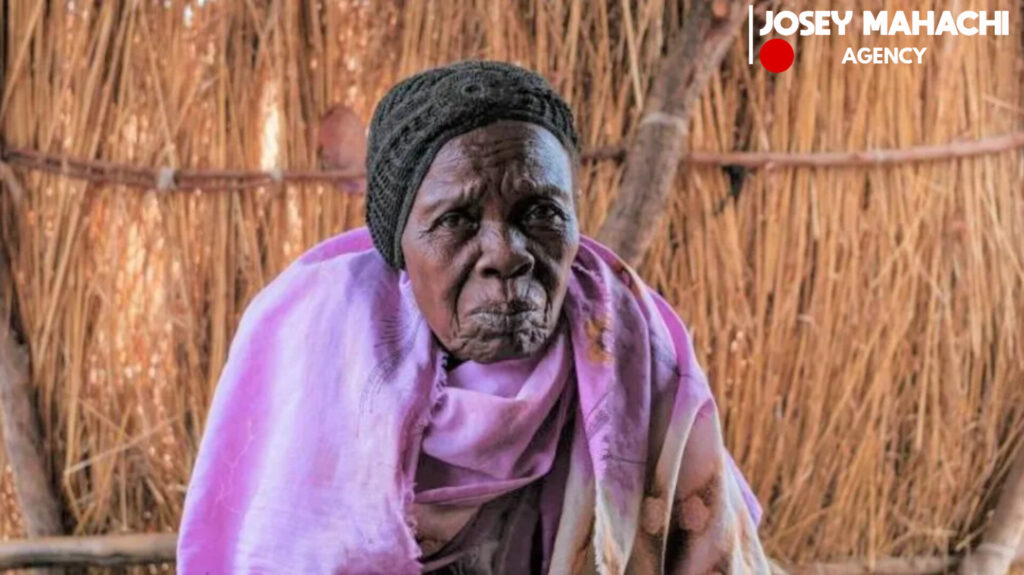By: Lloyd Mahachi
Sudan is in grave danger of becoming a failed state. This warning comes from Jan Egeland, head of the Norwegian Refugee Council (NRC). He has witnessed the devastating impact of the conflict in Sudan.
The conflict in Sudan is between the army and the paramilitary Rapid Support Forces (RSF). It has forced over 10 million people to flee their homes. The country is now on the brink of starvation.
The situation in Sudan is dire. Millions of people are facing emergency levels of food insecurity. In September, the World Health Organization (WHO) warned that starvation in Sudan “is almost everywhere”.
Soup kitchens have been forced to close due to being underfunded. England notes that the lack of humanitarian response means that remaining sources of aid are simply “delaying deaths instead of preventing them”.
The conflict has also led to widespread human rights abuses. These include ethnic cleansing and genocide. Despite this, peace talks between the RSF and the army have been fruitless.
Egeland warns that the world is “failing Sudan completely” by not doing enough. He urges Europe to invest in “aid, protection and peace in this corner of the world” to avoid a refugee crisis.
The situation in Sudan is not only a humanitarian crisis but also a security concern. The conflict has created a power vacuum. This has allowed armed groups to flourish and exacerbate the humanitarian crisis.
Egeland notes that the war will only stop when the warlords feel they have more to lose by continuing to fight than by seeking peace. The international community must take immediate action to address the crisis in Sudan.
This includes providing humanitarian aid, supporting peace talks, and holding those responsible for human rights abuses accountable. The situation in Sudan is a stark reminder of the devastating consequences of conflict.
International cooperation is essential in preventing and resolving crises. As Egeland notes, “it’s an underfunded operation, even though it’s the world’s biggest emergency”. The world must act now to prevent a humanitarian catastrophe in Sudan.
The consequences of inaction will be severe. Millions of people will be at risk of starvation and death. The world must come together to support the people of Sudan in their time of need.
The international community must provide urgent humanitarian aid to Sudan. This includes food, shelter, and medical care. The aid must be delivered quickly and efficiently to reach those who need it most.
In addition to humanitarian aid, the international community must also support peace talks between the warring parties. This includes providing mediation services and encouraging dialogue.
The world must also hold those responsible for human rights abuses accountable. This includes investigating allegations of ethnic cleansing and genocide.
The situation in Sudan is a complex and challenging one. However, with the right support and action, it is possible to prevent a humanitarian catastrophe and bring peace to the country.
Editor: Josephine Mahachi

